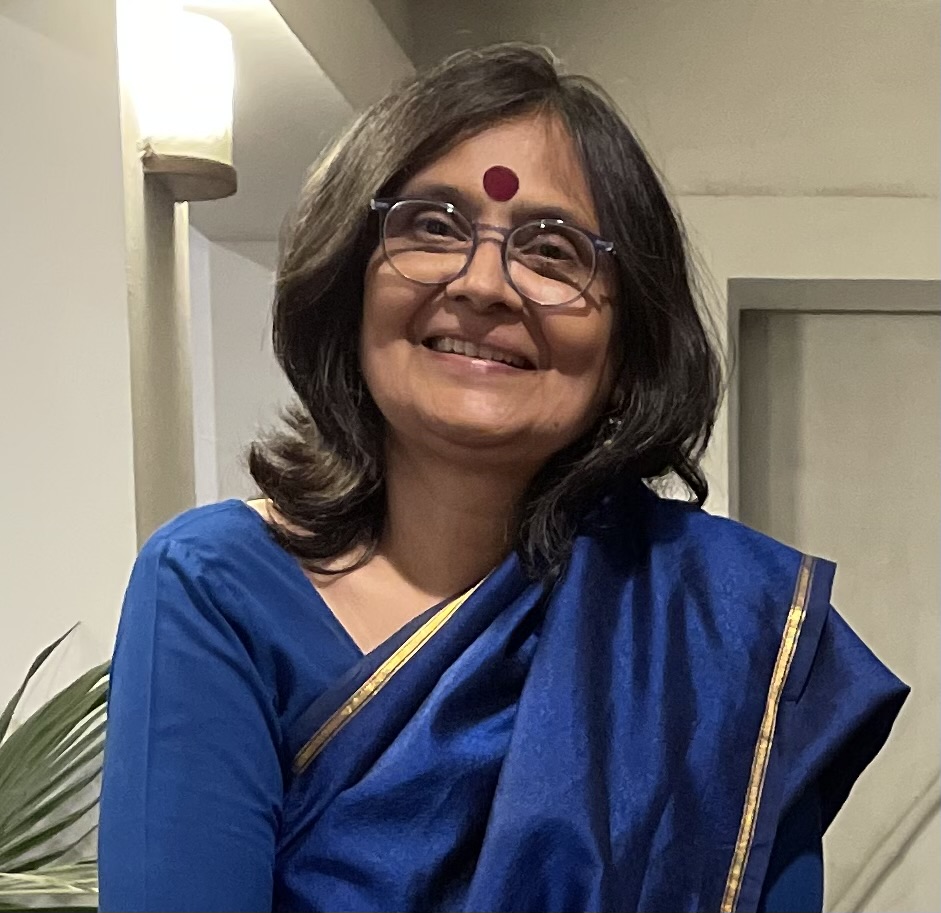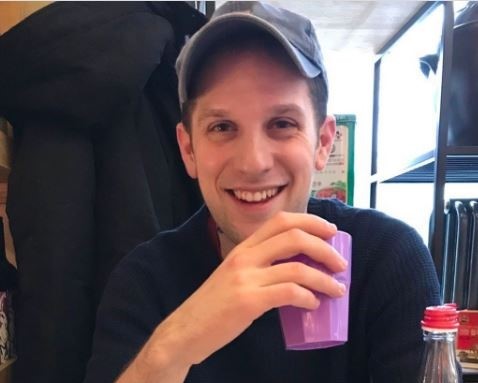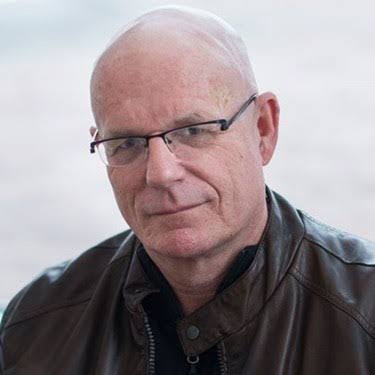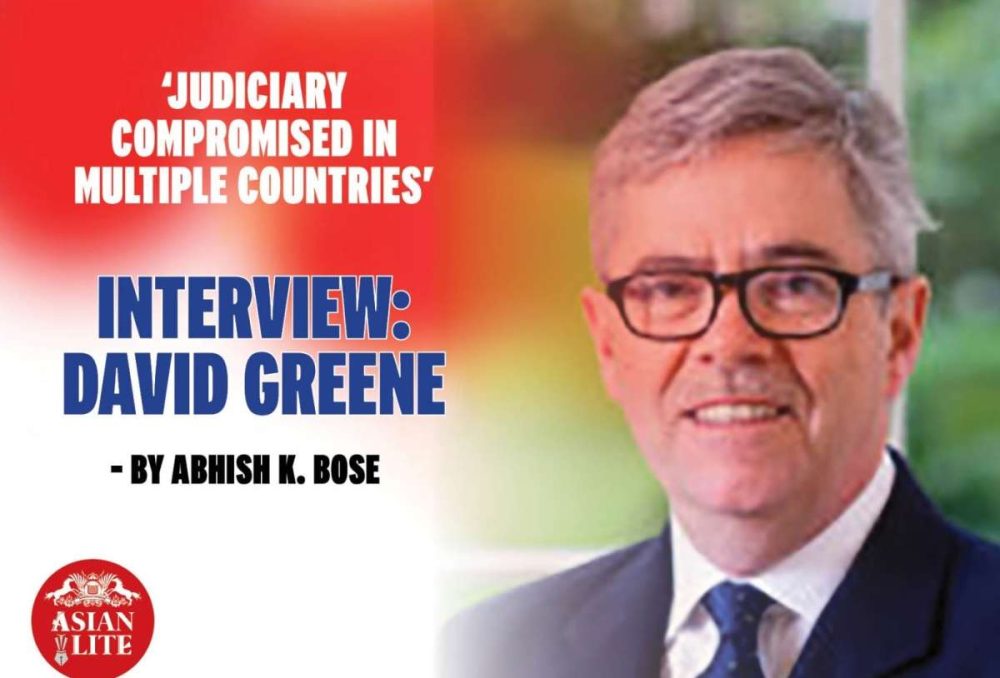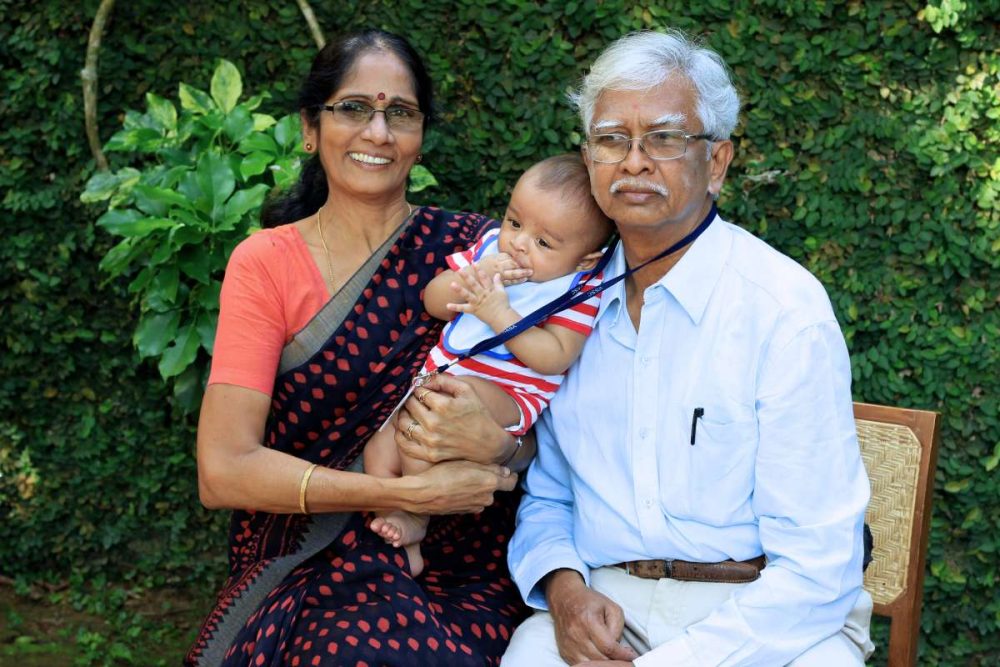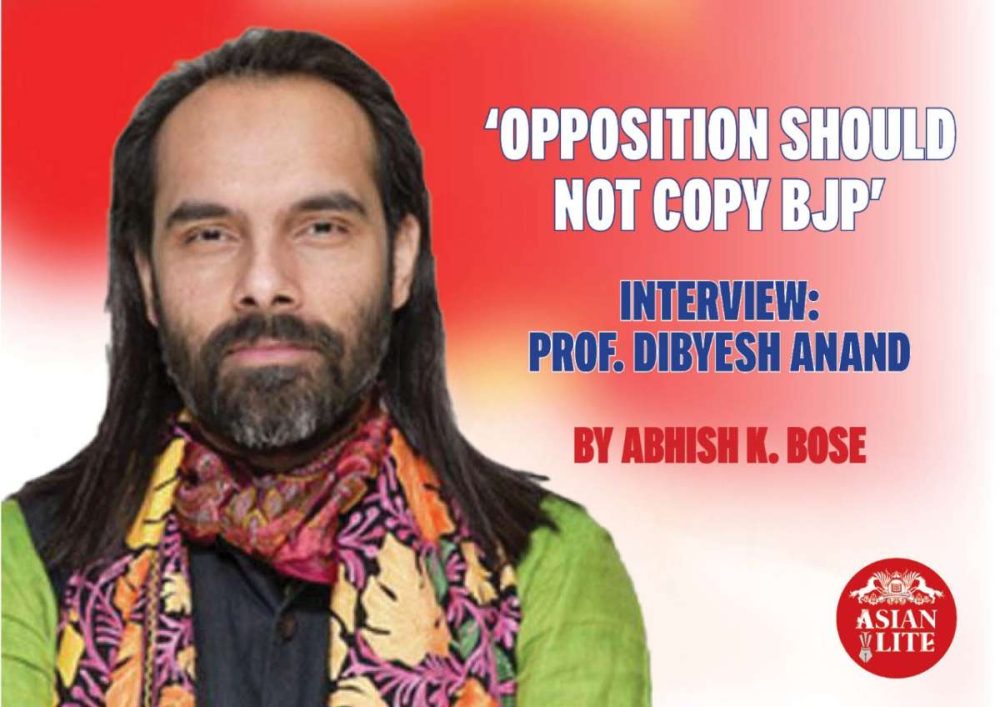My story has Justice Vikram judging unusual criminal cases, giving verdicts, which at times seem absolutely bizarre. All the cases are real crimes sourced from the legal archives and somehow reflect Vikram’s own life…speaks Author Sunita Pant Bhansal.
Hailing from the Kumaon Himalayas, Sunita Pant Bansal is a mythologist and a storyteller. She has been writing for four decades and has written numerous articles, stories, poems, created board games and produced short films. In her long and illustrious career, Sunita has also headed publishing houses, founded-edited
newspapers and magazines for readers in India as well as in the US and UK. She has also worked with giants like Walt Disney, Warner Bros., Pearson Education, The Times of India, Hindustan Times and ABP Group of newspapers and magazines. Sunita’s forte is to decode Hindu scriptures to show their relevance and application in today’s times. She has authored 25 books for adults and young adults decoding the philosophy of mythology and a thousand books for children on folk literature and scriptures, which are sold in multiple languages globally. She explores and reinterprets the timelessness of characters from the epics and foundational texts in her stories, seamlessly blending mythology and history with real life.
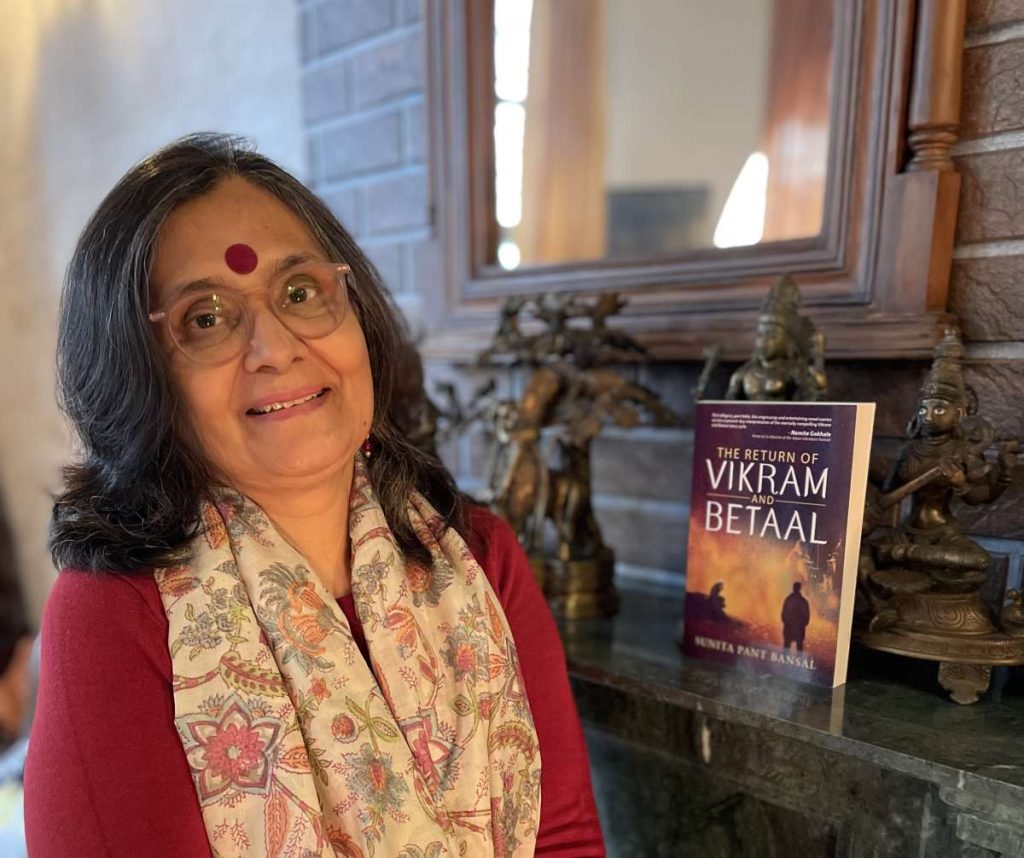
Amongst Sunita’s recent bestsellers are Krishna The Management Guru and Everyday Gita, both published by Rupa Publications. Her latest novel The Return of Vikram and Betaal released in the Jaipur Literature Festival in January 2023. Here’s the excerpt of the Interview with Sunita Pant Bhansal taken by Khushboo Agrahari for Asianlite :
As a published author, which has been your most cherished achievement so far?
My articles and columns started getting published in 1980, so naturally seeing my by-line in print for the first time was an unforgettable moment. Since I was quite a prolific writer, seeing my by-line in magazines, tabloids and newspapers became a routine for me very soon. But when I discovered clippings of my articles in my father’s office papers after he passed away in 1996… that feeling was indescribable! Daddy was a man of few words and I knew he was proud of me, but seeing the effort he must have put in collecting my work painstakingly for so many years, quietly, in his office, just blew my mind. That certainly qualifies as the most cherished moment of my life.
As far as achievements go, every time I got published in a new genre, it was an achievement for me, but since I believe in moving on, I never held on to any feeling of ‘having achieved’ for long… and moved on to my next target, or challenge. But yes, there is one particular incident that’s still etched in my mind…
I had started writing books for children in 1989 and there was one particular book that was my favourite: Treasury of Indian Folklore. During my travels I discovered that a bookstore in Oxford, UK, was selling books from across the globe except India. It bothered me so much that I went to the manager and questioned him about it. His answer was that books from India are written in Indian English, hence they didn’t sell. Next day I gave him a copy of my book and asked him to show the Indian English he was talking about. The challenge was that if he could find nothing wrong with the language, they would place an order for the book for their bookstore. He couldn’t find any Indian English and placed the order, and that book became the first Indian book to be sold by that store – indeed my most cherished achievement so far!
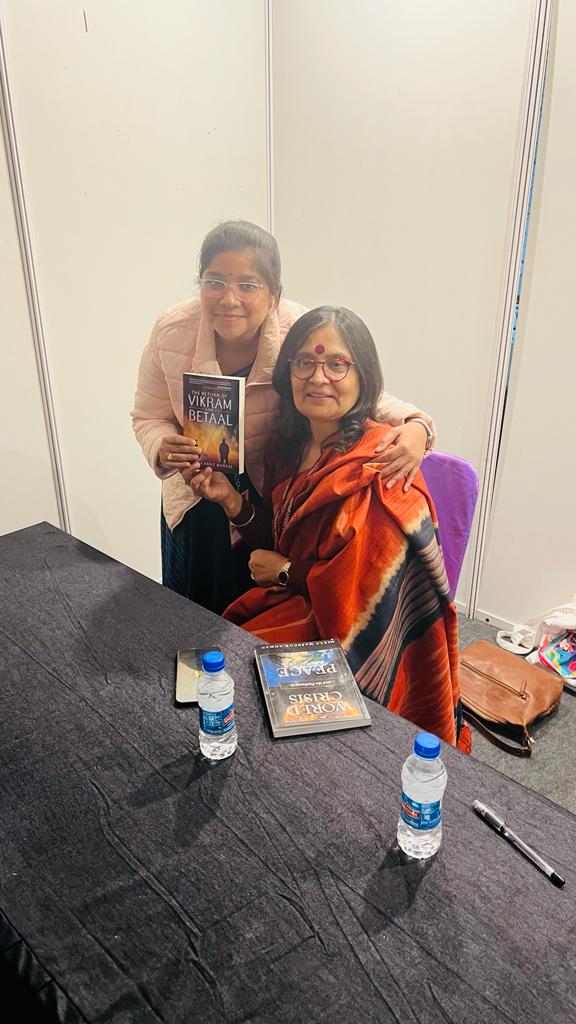
Tell us about your latest book: The Return of Vikram and Betaal. What can the readers expect from this book?
Anyone who is familiar with the legend of Vikram and Betaal knows that Vikram or King Vikramaditya was renowned for his justice and Betaal narrated stories to him that ended in a riddle with an unusual answer that only Vikram could justify, and that answer saved his life. In my book, Vikram and Betaal follow the same basic path, hence their ‘return’. Vikram judges the cases brought to him by Betaal, with the correct verdict saving his own life. But beyond this premise, everything else is different.
My story has Justice Vikram judging unusual criminal cases, giving verdicts, which at times seem absolutely bizarre. All the cases are real crimes sourced from the legal archives and somehow reflect Vikram’s own life. So, while he is judging the cases, Vikram realises his own personal issues, the knots that he’s carrying within his heart, and manages to resolve them as he resolves the case. This journey of ten cases makes Vikram travel inwards and realise the impermanence of everything in life as well as the value of detachment. The reader journeys through two narratives in my book, the first being Vikram’s outer journey of judging cases and resolving his own personal issues, and the second being Vikram’s inner journey towards enlightenment.
The Betaal of my book is also different in the sense that he’s friendly and functions as the devil’s advocate, provoking Vikram to think out of the box. He also keeps changing his physical form following the principle of the indestructible ageless soul using the physical body as a temporary changeable residence.
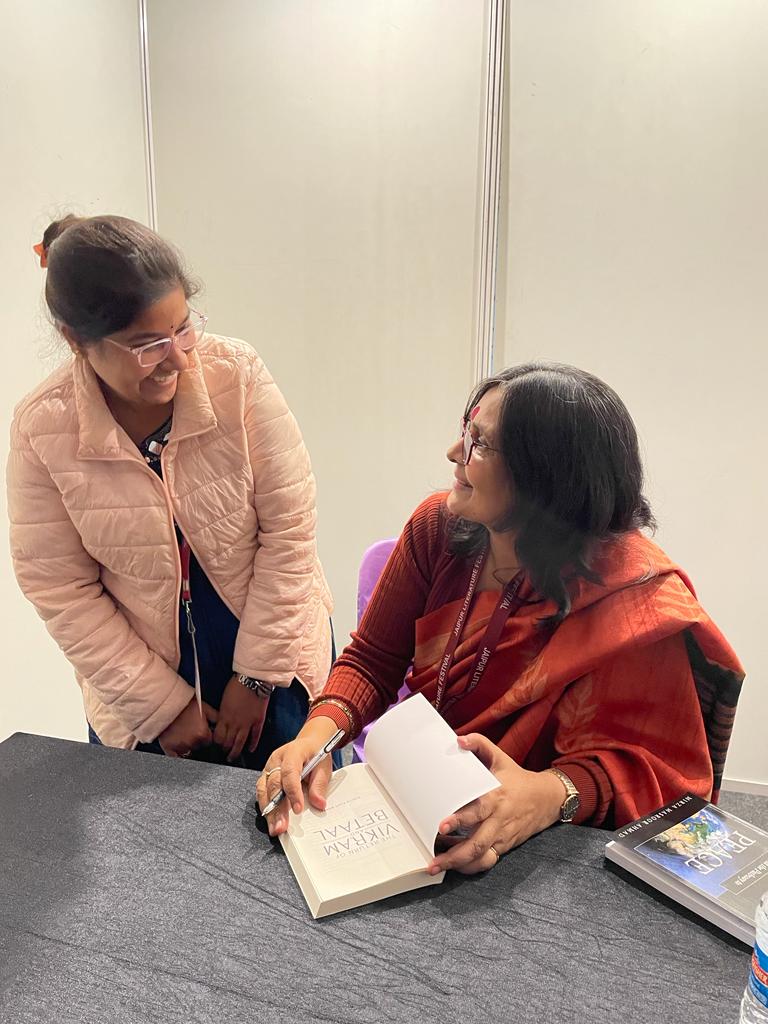
As an author and a student, what would be your one tip to inculcate reading habits in children?
I have always believed that children are influenced by their environment and we should set an example for them to emulate. When they see their elders, teachers, parents, siblings read, it becomes a part of their normal life, like eating. So it is up to us to become our children’s role models. Reading bedtime stories to pre-schoolers introduces the concept of storybooks at the foundational stage of a child. In schools, there should reading periods or library periods in the timetable, where books are read and discussed. Books should also be given as prizes for academic excellence. The home assignments given in school should involve research from reference books. Reading is a habit and cannot be forced, it has to be introduced and nurtured carefully.
If you had a time machine, which place and time would you want to visit and why?
Time machine! Wow! There are too many places I’d like to visit… all the old civilisations for instance… Every time I visit an old city in ruins or a monument, I get a strong desire to know the stories hidden in them. When I underwent past life regression, I discovered myself to be living in practically every part of the world… maybe the desire to revisit them lies dormant in me.
Any new projects that you are currently working on?
I am not working on any one specific project at the moment, I never do. I always work on multiple ideas together. So, on one hand I’m working on an essay for an anthology, I’m working on converting my Vikram-Betaal story into a film script too. Then I’m also working on converting Hanuman Chalisa into my Everyday Gita like book, while working on a Gen-z novel with mythological and spiritual undertones. Ramayana and Panchatantra are two more epics I need to contemporise. Honestly, I could go on…
Do you think children these days read enough? What are your thoughts on writing as a profession for children?
Children reflect the society they are living in. When we as adults have stopped reading even the basic newspapers, how can we blame the children! I see parents giving mobile phones and tablets to their children to keep them busy and stay away from mischief, and the same parents complain later on that their children are hooked on to their gadgets. When the teachers suggest the students to refer to Google and Wikipedia, how can they complain that the children don’t read books anymore? As I mentioned earlier, we have to set the right example. Writing as a profession is not as lucrative as many others, but that doesn’t make it any less of a profession. The world needs journalists, copywriters in advertising agencies, script writers for films, authors of educational books and storybooks… in fact writing as in content creation has become a huge industry in itself.
You have worked with giants like Walt Disney, Warner Bros., Pearson Education, The Times of India, Hindustan Times and ABP Group of newspapers and magazines in their editorial team. Which role do you enjoy better? An editor or a writer.
With all these big names I was primarily associated as a writer. For instance, I created textbooks for Pearson Education, where I was involved in editing and designing, but then I retold a series of western classics for them under their prestigious imprint Longman Classics and was the first Indian writer to do so. The TOI group hired me as the editor of their weekend broadsheet Saturday Times, based on my capabilities as a features writer and columnist. Writing has always been my first love, my passion, my lifeblood. Editing has always been secondary. I love to create… editing just serves to clean up and beautify a creation, any creation.
In today’s world, most people prefer to read e-books and are well-consumed with digital technologies. How can we persuade people to read more physical books rather than digital ones?
Both the formats of books have their own place in the system. E-books are convenient for people on the move, now audiobooks are also gaining popularity. This easy availability is actually good in the sense that it increases awareness about the existence of books. This influx of technology has not affected the diehard book lovers… they continue to buy physical copies. So, personally, I don’t see any reason to persuade people to read more physical books rather than their digital versions. I would persuade them to read more variety, different genres of books instead.
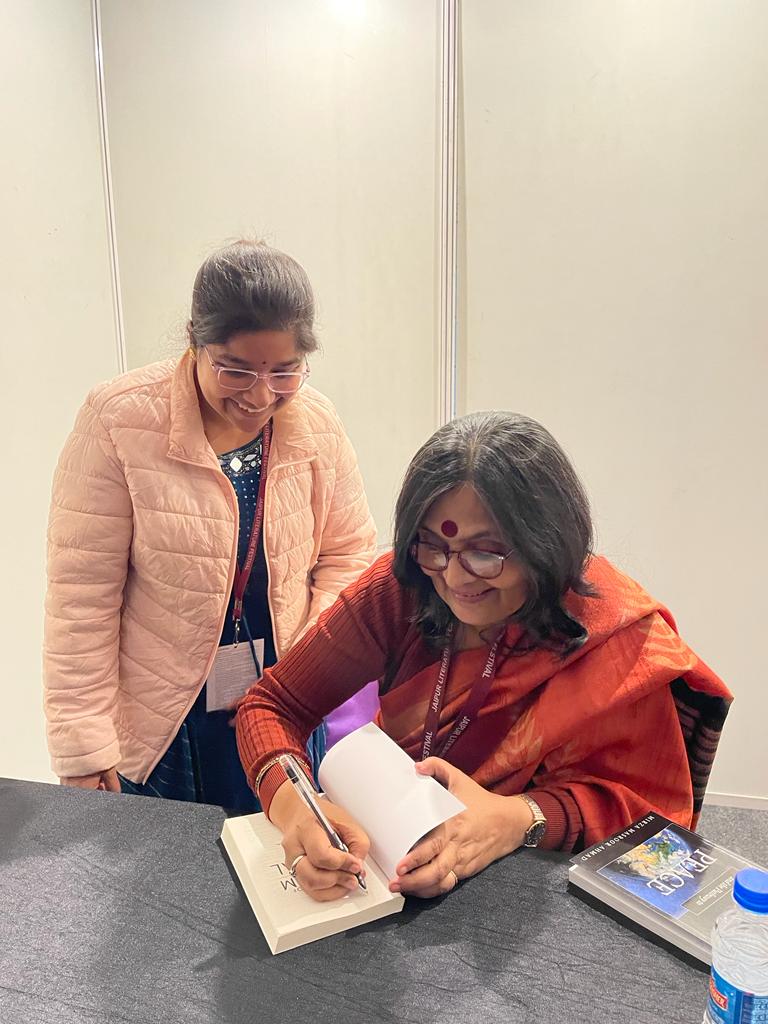
9. What’s your opinion on modern writers who present distorted India’s legendary Hindu mythology tales often through the propaganda feminist lens?
This is a tough question as I have also written a historical fiction about Yashodhara, Buddha’s wife. I think that readers should understand that mythological fiction or historical fiction is fiction at the end of the day, so needs to be taken in that spirit. Fiction cannot not be equated with distortion. As for the ‘feminist lens’, it is perhaps just bringing to light the hitherto lost stories of powerful Indian women. There’s nothing wrong with that!
ALSO READ-INTERVIEW: V. ADIMURTHY


